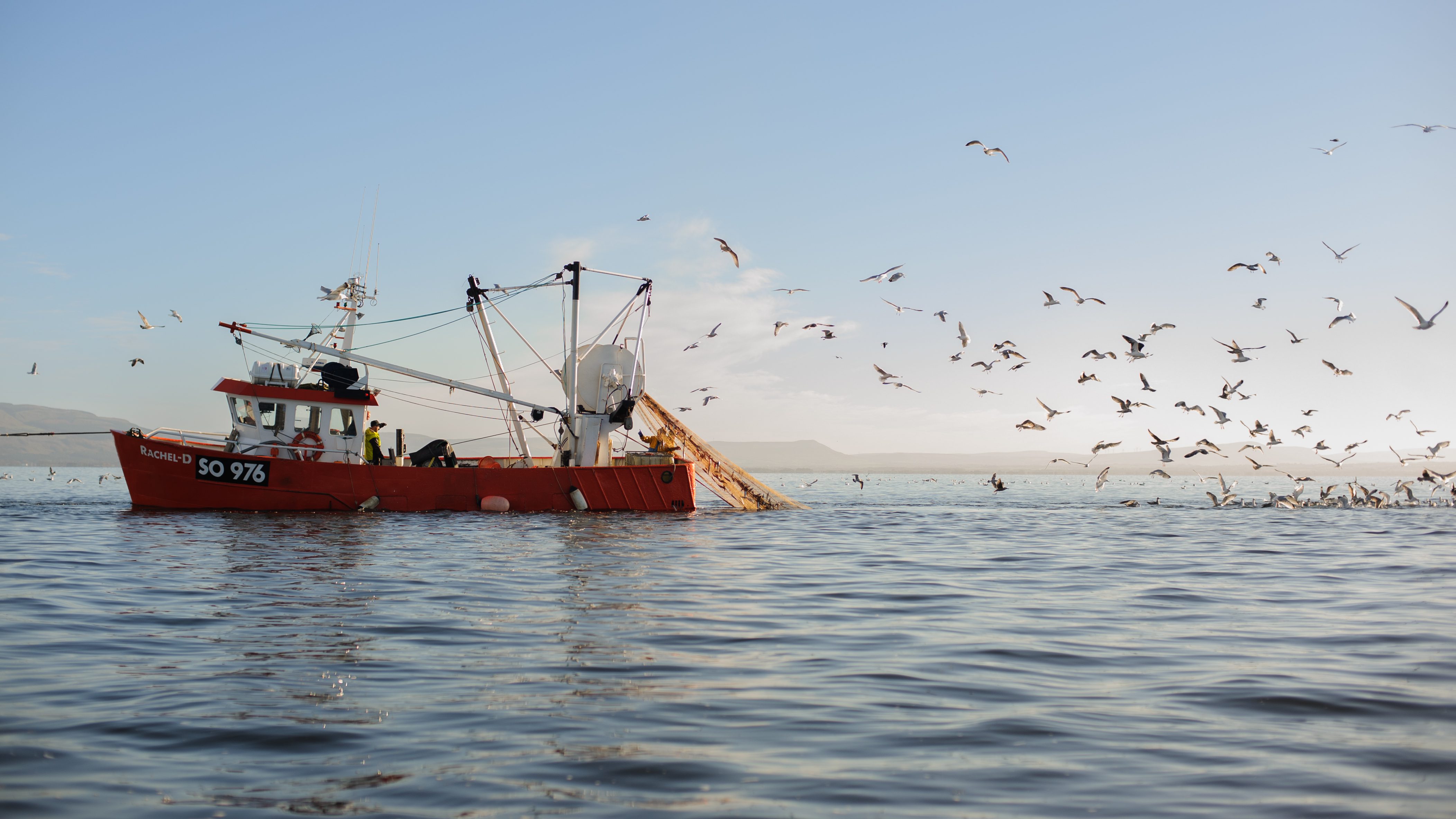The Seafood Ireland Alliance (SIA) is calling for urgent action to introduce a new, science-based management plan for sprat fishing. The group warns that an outright ban could hurt fishing communities without delivering real conservation benefits.
The SIA has expressed concern about a ‘concerted campaign’ by several NGOs to ban sprat fishing within 6 nautical miles of the coast. The alliance says there’s no scientific evidence for claims that sprat fishing is unsustainable and damaging to marine ecosystems within specific bays.
Speaking on behalf of the SIA, Dominic Rihan of the KFO said an outright ban should not be considered without scientific evidence. “We are committed to good ocean governance, healthy fish populations, and protecting the wider ecosystem and our fishing communities,” he said. “Sprat is vital for both inshore and offshore vessels, as well as Ireland’s pelagic processors.”
“For long-term sustainability, we support fast-tracking a smart, effective management plan for the sprat fishery.” says Rihan. The SIA believes this plan should include a mix of biological, regulatory and monitoring tools, backed by strong data and input from stakeholders. “A blanket ban serves no purpose.”
In a submission to the Minister, the SIA said all management decisions must be based on independent evidence from BIM and the Marine Institute. To strengthen data on sprat, the alliance supports annual acoustic surveys in the relevant bays. These would help set safe and sustainable harvest levels. They also want regular inspections of catches and extensive sampling of landings to track the age, size and mix of sprat caught.
Patrick Murphy of the ISWFPO said the SIA believes calls for a 6-mile ban lack scientific backing. “We need informed decisions in fisheries management,” he said. “Otherwise, we risk unintended damage to other fisheries, like herring.”
Murphy added that the SIA recognises the need to improve how inshore waters are managed. But he stressed that Brexit has already put huge pressure on Irish boats—big and small—through lost quotas. “New limits would only add to that pressure, without real conservation benefits,” he said.
“We want fair, practical management—designed in consultation with the fishing industry—and based on real science and real-life socio-economic impacts on all stakeholders.”


